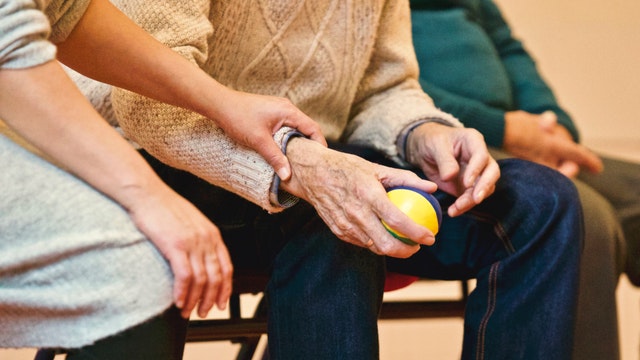Volunteering in haredi society – the perception of volunteering, its scope and patterns
This research found that the self-reported rates of volunteering in the religious and haredi populations are relatively similar, and are significantly greater than the rate of volunteering in other population groups. In addition, an examination of the number of monthly volunteer hours reveals that over half the haredi volunteers volunteer for over 10 hours a month. Also noteworthy is the fact that the high level of volunteering among the haredim and the religious stems from the high rate of private volunteering, rather than volunteering in the framework of various organizations – in which the rate of volunteering in haredi society and Jewish society in general – are very similar. The study’s authors note that the differences in the rates of volunteering as measured based on self-reporting reflect various patterns and motivating factors for volunteering, as well as different cultures and interpretations of what is included in the definition of volunteer activity.
In addition, the study’s authors present data from an international survey conducted by the OECD in 2014-2015, that show that the haredi population reports the highest rates of volunteering in an international comparison, on almost all levels of frequency – weekly, monthly and annual.




